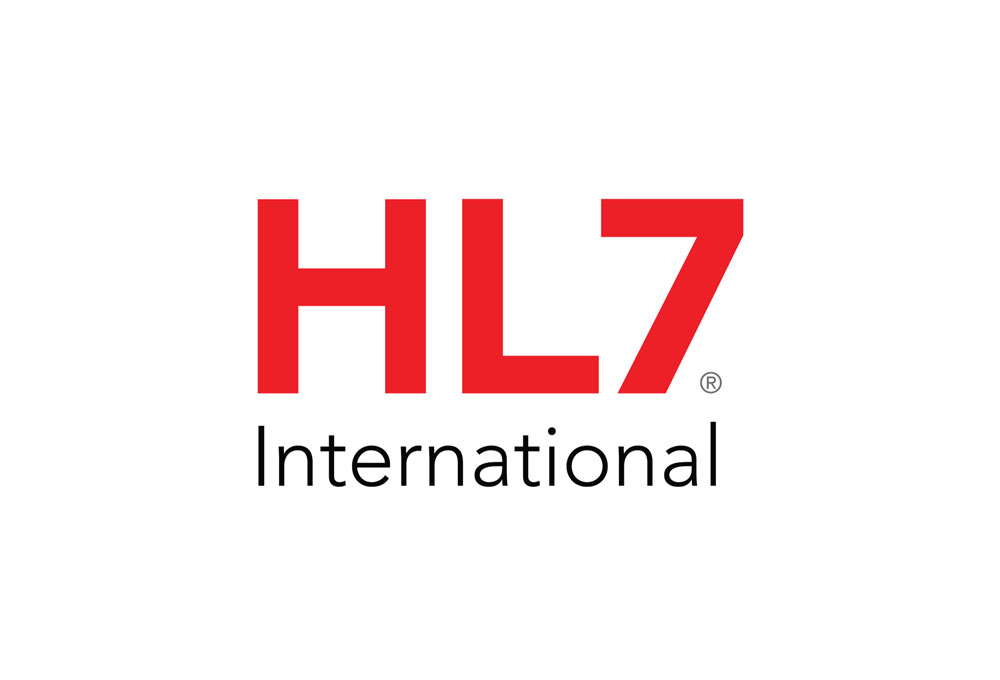A Comparison of Arden Syntax and Clinical Quality Language as Knowledge Representation Formalisms for Clinical Decision Support
The article “A comparison of Arden Syntax and Clinical Quality Language as Knowledge Representation Formalisms for Clinical Decision Support”, by Andrey Soares, Robert A. Jenders, Robert Harrison, and Lisa M. Schilling, published in Applied Clinical Informatics Vol. 12 No. 3/2021, provides a comparative study between the two Health Level 7 International (HL7) language standards for clinical knowledge representation, the Arden Syntax and Clinical Quality Language (CQL).
Twenty-seven function-based categories have been identified and analyzed with the goal of not recommending the one or the other but to help clinical decision support (CDS) technologists choose which of the two language standards fits their individual purpose best.
Even though both languages, Arden Syntax and CQL, are solutions for the representation of clinical knowledge, they have originated and evolved with different objectives. Arden Syntax as an international standard, intended as a CDS programming-language that incorporates features of CDS workflow such as event detection, triggering and alert messages; CQL, as the name suggests, is intended for standardization of the representation of clinical quality measures in the U.S. Even though the Arden Syntax can also be used for implementing quality measures and CQL for use cases beyond quality measures, they each have assets and drawbacks that are rooted in their initial objectives.
When it comes to data exchange, CQL’s constructs already support the use of standard external data models and terminologies, such a QDM and FHIR. Interoperability with Arden Syntax is currently characterised by the curly braces problem. However, in its next version (v3.0), the Arden Syntax will also incorporate support for references to FHIR. When working with data from electronic health records (EHRs), CQL can filter according to the context, such as patient, practitioner, provider, and can be applied unfiltered.
CQL also has terminology declarations to represent codesystem, values, code or concept.
Arden Syntax on the other hand has several operators that handle objects, while CQL only has one tuple as an object. Also, only Arden Syntax has constructs, that support event triggering or alert messaging. When it comes to the management of uncertainty, meaning the ambiguity in medical statements that are neither clearly true, nor clearly false, the Arden Syntax uses fuzzy sets and fuzzy logic, thereby being able to represent a degree of applicability of a value whereas CQL cannot represent or calculate gradual transition or degrees of applicability.
Aside from the above-mentioned aspects, both languages overlap in functionality and can be used to represent CDS knowledge. For detailed information, see the analysis of the authors.

HL7® and FHIR® are the registered trademarks of Health Level Seven International and their use does not constitute an endorsement by HL7.
Published on June 30, 2021
Receive the latest insights, product news, and updates from Medexter's ongoing work in clinical decision support & AI.